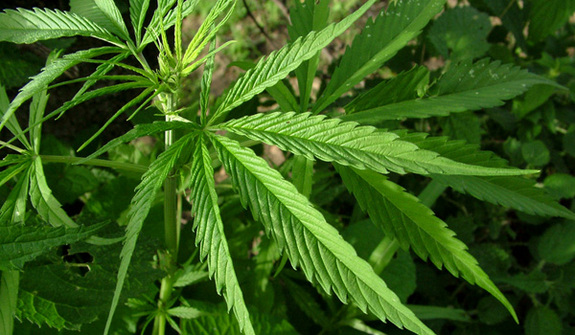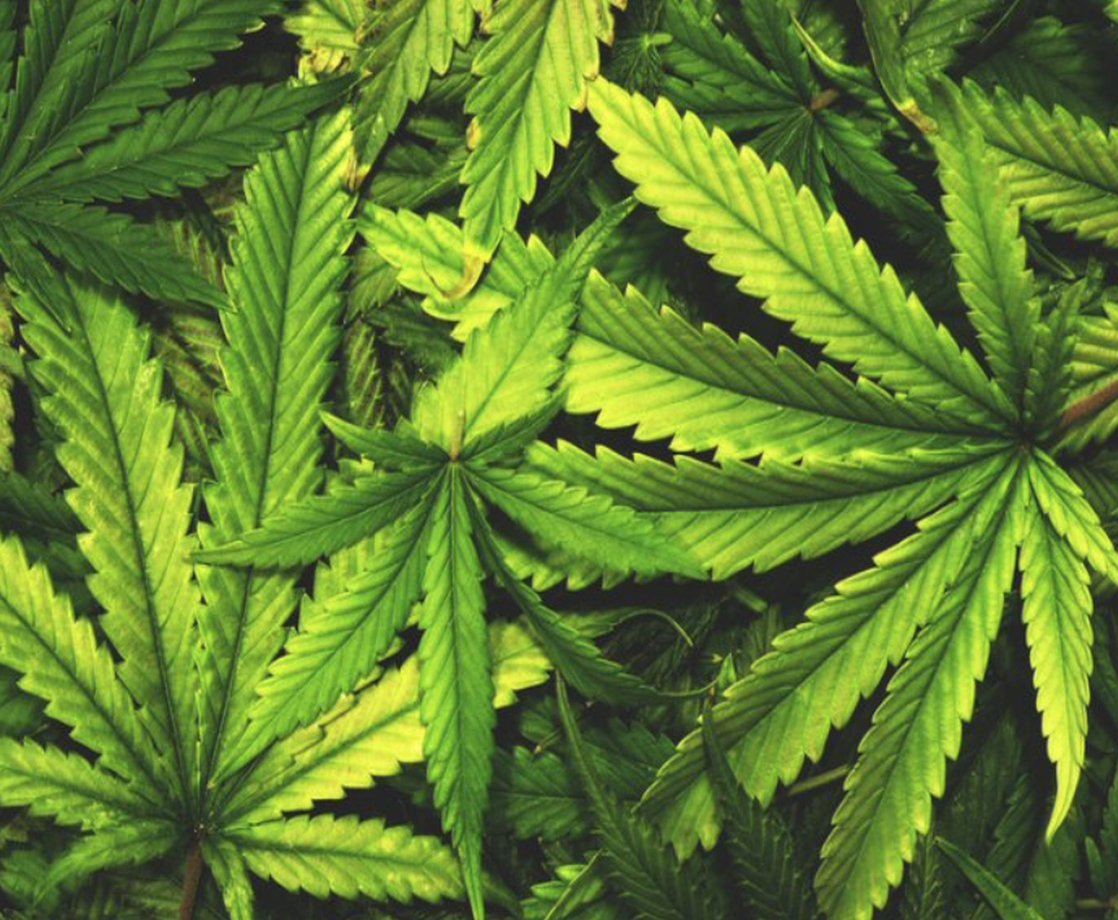Historically speaking, marijuana use hasn’t been illegal for very long. During the small period of time that it has been criminalized, it has resulted in some of the largest drug-related arrest numbers in modern day America. Considering this in combination with the current movement towards legalization, we began to wonder—why was cannabis made illegal in the first place? Let's look back almost a century to discover how the widely-enjoyed herb originally became illegal.
While all of America’s economy may not be based on oil, the country has a long history of depending on it. What’s comical is that one of America’s greatest inventions, Henry Ford’s Model T, wasn’t designed for crude oil–derived fuels; rather he planned to use hemp instead. Ford predicted that cars would eventually run on plant-based oils, but with the discovery of crude oil in America’s backyard, the market became way too competitive. On one hand you had a clean-burning biofuel; on the other you had cheap crude oil. Customers chose the more affordable option and this lead to a surge in the market. In this way, hemp’s potential future took a major turn, especially in the late ‘20s and early ‘30s when the market began to experience significant hardships, meaning there was no room for more costly options.
When Herbert Hoover became President in 1929, the Secretary of the Treasury, Andrew Mellon was also DuPont’s primary investor. DuPont, a major American chemical and energy company, saw hemp as a major threat to the market. In order to solve this problem, Mellon decided to appoint his nephew-in-law, Harry J. Anslinger, as the head of Federal Bureau of Narcotics and Dangerous Drugs. Mellon met with financial heads from many companies who all agreed that the hemp industry was a common denominator in their decreasing market share. The group decided to focus on the plant’s use as a euphoric drug rather than its use as a fuel source in an attempt to make it illegal. In order to get the American people to support the criminalization of hemp, it was labeled with the Mexican slang name “marihuana” and lobbied against.
At the same time that hemp-derived fuels were being discriminated against by oil/chemical companies, there was a large economic downfall known as The Great Depression. Around this time there were also a large number of Mexican immigrants who came to America in the 1910s, making the job market in the ‘30s even more competitive due to the new, often less expensive labor they brought into the country. Not only did these Mexican immigrants bring more affordable labor options to the market, but many engaged in the recreational use of cannabis. Politicians used the public’s unhappiness with Mexican immigrants as a marketing tool to increase the momentum behind the criminalization of cannabis.
Once the energy industry and the politicians decided they had to oust hemp as a viable fuel source and label it as a dangerous drug, the only thing left was get the masses on board. From the 1890s all the way through to the 1900s, a form of journalism known as Yellow Journalism was born. It prioritized shock value over the facts to provoke public interest. Yellow Journalism began to raise public concerns over marijuana use well into the 1920s and ‘30s and was accompanied by films such as Reefer Madness. Combined with fear mongering, Yellow Journalism quickly shifted the public opinion of the plant from popular to pitted-against. The plant, which produced common medicine, material and fuel, was now seen as a dangerous drug. These scare tactics lead to the creation of the Marijuana Tax Act, which rendered the plant illegal at a federal level. The results of some of these actions are still being seen today.
Oil companies had a lot to gain from the criminalization of cannabis, while American taxpayers were the ones who paid for it during the decades following the introduction of the Marijuana Tax Act. We’re only now recovering from this setback through the introduction of marijuana reform and it couldn’t happen soon enough. What remains to be seen is whether or not the federal government will be willing to correct a wrong it made almost 100 years ago.











